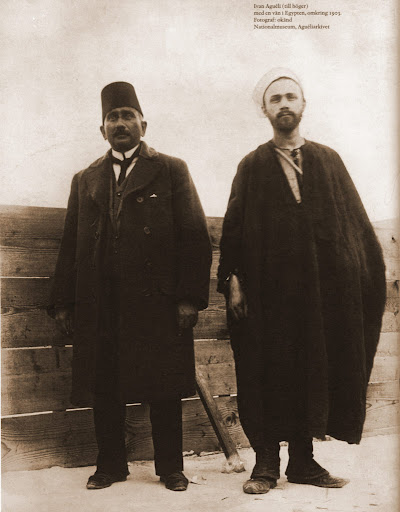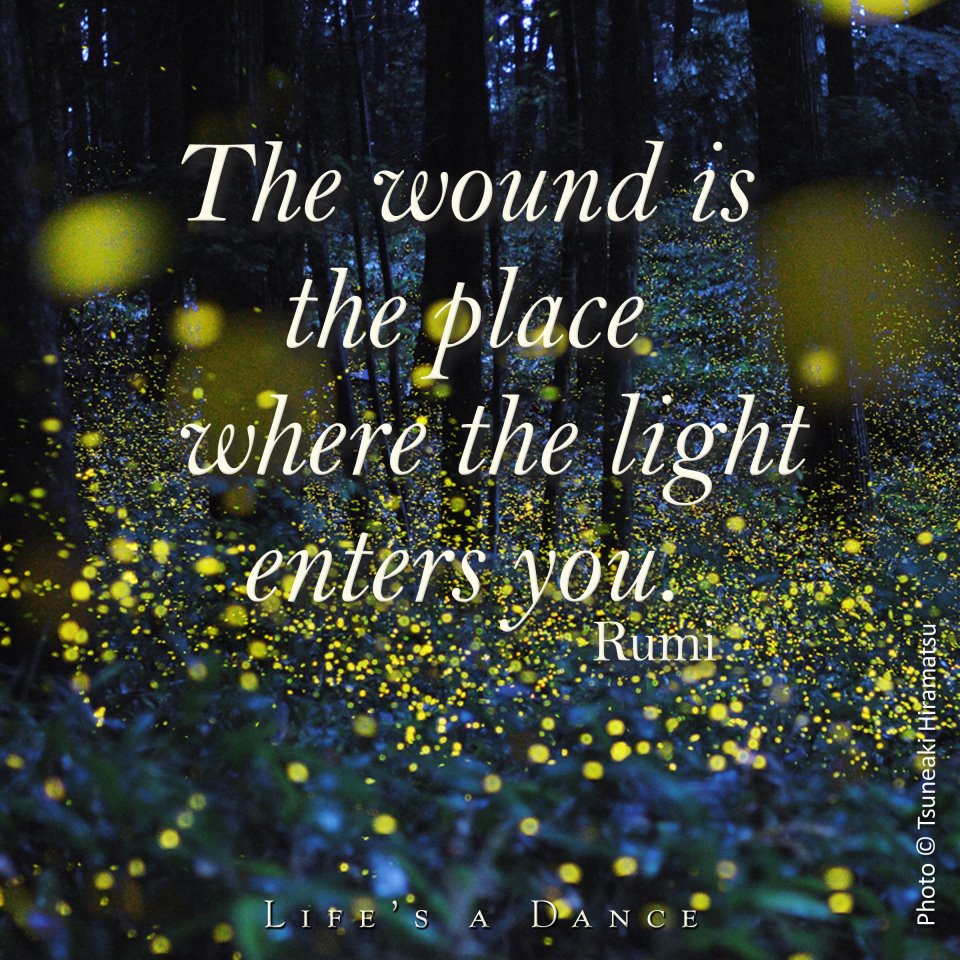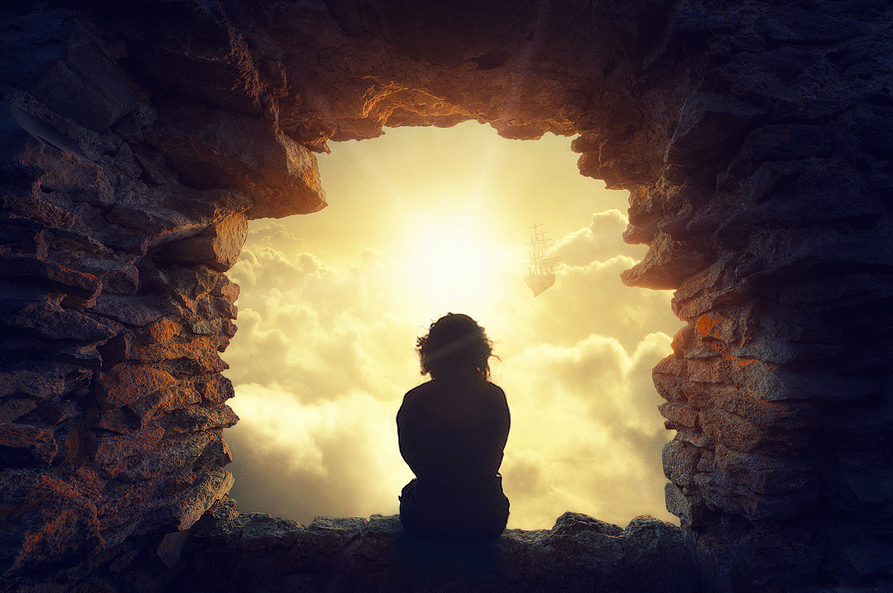
Ivan Aguéli and René Guénon Call for the Rule of the Ulama
Recently, I had the honor of interviewing author and Professor, Dr. Mark Sedgwick about the History of Traditionalism and the various people involved in the Traditionalist movement, which I will be posting this week. During the interview, Dr. Sedgwick introduced me to a key player named Ivan Aguéli. He recently had written a brief post on his blog, Traditionalists, about the connection between Ivan Aguéli and René Guénon’s both calling for the rule of the ulama.
Here is a quick introduction to Aguéli. He was a Swedish mystic and a Sufi who traveled the world meeting with other great thinkers of his time who would influence his ideologies like when he went to Paris becoming the student of the Symbolist painter Émile Bernard and later in London where he met the Russian anarchist scholar and aristocrat Prince Kropotkin, who introduced Aguéli to anarcho-communism.
Dr. Sedgwick had written, “In 1904, Aguéli was calling for democracy under the control of the ulama, i.e. much same system that was meant to be introduced in Iran after the Islamic Revolution (the reality, perhaps predictably, did not quite correspond to the theory). In 1904, Aguéli was still something of a revolutionary, ending his note with “Fight capital through the agrarians, as the King of Italy does. Fight snobbery.” The reference to the King of Italy is explained by Aguéli’s engagement in Il Convito, which was pro-Italian as well as pro-Islamic.”
It is through this transmission of ideas and the need to implement them on a global scale that Aguéli founded Al Akbariyya as a secret Sufi society in Paris in 1911 recruiting one of their first members, René Guénon.
Sedgwick concludes with a reference to René Guénon also believing that the ulma be in charge. He wrote, “These positions fit with the positions that René Guénon later took. Having the ulama in charge, especially, fits with the idea of the primacy of spiritual authority over temporal power.”
This idea of the ulama or ulma interested me because I have also researched and written on their history. In Arabic, Alima (Arabic اليمه) or Ulama means “knowledgeable, wise, and or scholar. In Islam, all knowledge is divine and God-given. Today in Islam, the Ulama are placed in charge of all religious, legal, and historical governmental affairs for the kings of the East in their respective countries. The Islamic State considers the Ulama are not restricted to be knowledgeable of the state’s religious affairs, but also other experts in their respective trades whether it be in fields such as politics, science, commerce, education, and more.
Variations of the name ulama can be found in history all throughout the world such as in ancient Judaism with the “Ulam or Olam”, and in Ancient Ireland there were the “Ollamh” who ruled the country for hundreds of years. An ollam or ollamh in both early Irish literature and event today is a member of the highest rank of filí and came to mean a doctor, professor, and or scholar of any kind of learning. The Ollamhs led by the Ollamh Érenn or Chief Ollam of Ireland became the most powerful institution and person in the land whose social status was equal to the High King of Ireland. The head Ollamh of a province such as Ulster would have been the head of all the ollams in that province and would have been an equal status to the king as (Ollamh Érenn) .
In Old England, there was the “Barron of Verulam (Ver-Ulam).” English philosopher, statesman, and Rosicrucian Sir Francis Bacon took the titles of “Baron of Verulam (Ver-Ulam) and Viscount of St. Albans.” His scientific ideas remained influential through the scientific revolution.
Perhaps, a new global Ulama would be the catalyst for a New Revolution against the Modern battle for the noosphere between Neoliberalism and Traditionalism. As Aguéli and Guénon believe, I also contend that a National Ulama via a global contingent working with our nation’s political and religious leaders is the only way to solve the problems Liberalism has spawned.

Moe is the founder of GnosticWarrior.com. He is a father, husband, author, martial arts black belt, and an expert in Gnosticism, the occult, and esotericism.


